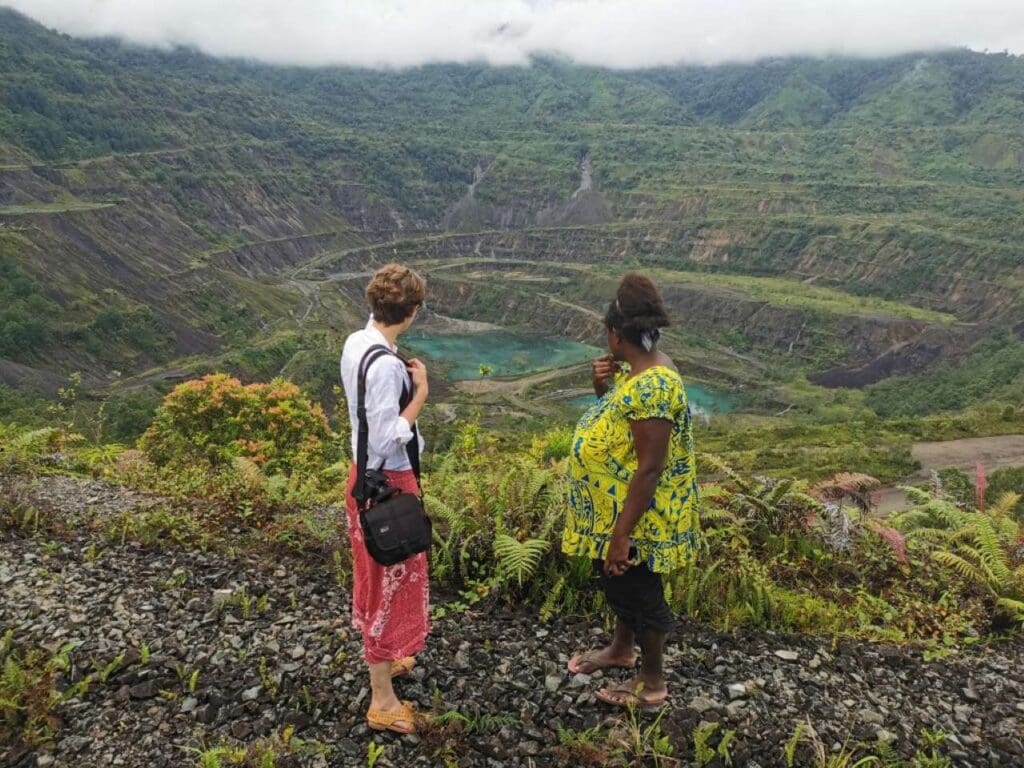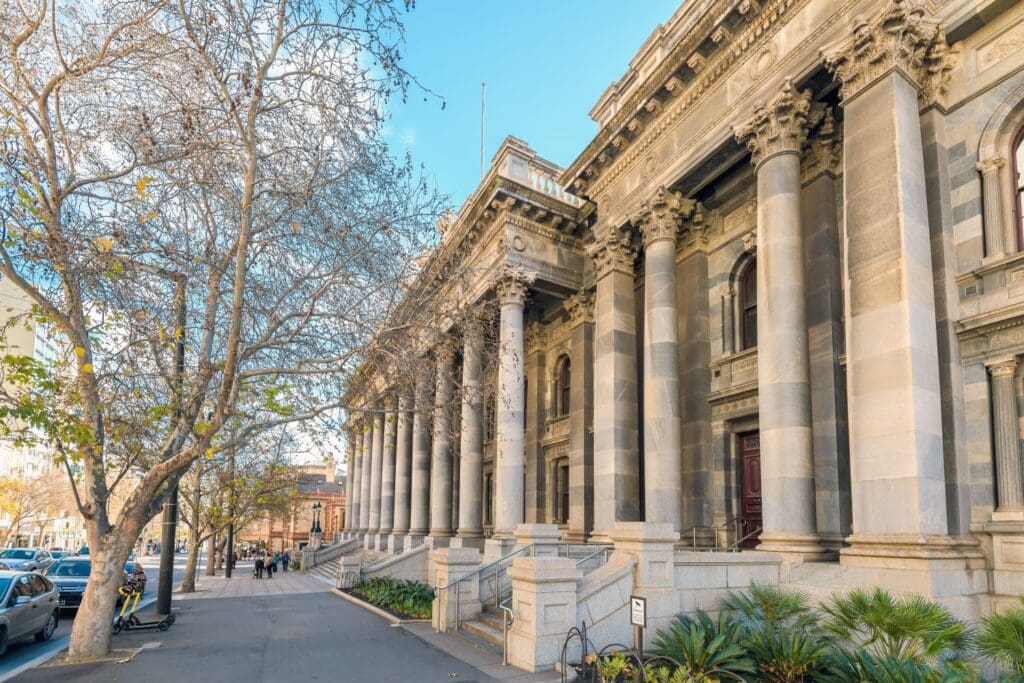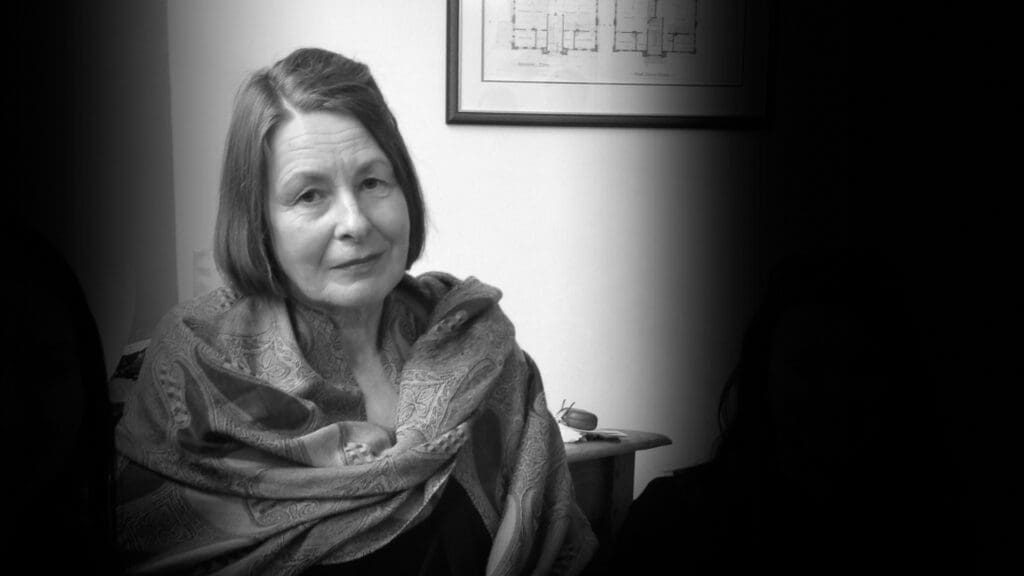Proposed changes to laws on charity advocacy welcomed
The Human Rights Law Centre welcomed changes to proposed electoral laws, which would’ve threatened to shut charities out of public debates about laws and policies.
“Charities have enormous expertise to contribute, drawn from the work they do, whether it’s running a homeless shelter, addressing family violence or protecting the environment. When you sideline charities from public discussion, you silence the voices of marginalised people, undermine good law making and harm our democracy,” said Human Rights Law Centre Executive Director, Hugh de Kretser.
The Australian Government’s proposed amendments to its electoral law reforms are now online. We’re analysing the changes now to make sure charities are free to speak out about the causes they work on. https://t.co/6KEfY7D8Kg #handsoffourcharities
— Hugh de Kretser (@HughdeKretser) September 19, 2018
In December 2017, the Australian Government introduced a badly flawed bill, purportedly to address foreign influence in elections, that would have stifled public advocacy by charities and other community groups. There was an outpouring of opposition to the reforms from charities, community groups, business groups, academics and more. The Government yesterday released changes to the bill.
“The original bill was incoherent, unworkable and a major threat to our democracy. These new changes, while not perfect, are positive. The Government has listened to and addressed many of the key concerns that charities had with the bill,” said Mr de Kretser.
The Australian Parliament’s electoral committee has now called for submissions, due 27 September, to examine the proposed changes.
“We now have a chance to further strengthen the bill and provide greater clarity on exactly what is captured by the proposed new rules. We are concerned that the bill still contains a rule that would require some charities and other groups to disclose the political party membership of senior staff,” said Mr de Kretser.
In April, the Australian Parliament’s electoral committee made bipartisan recommendations to fix problems in the bill including narrowing the ban on foreign funding so that non-partisan issue based advocacy was not captured, and vastly simplifying the compliance on charities and other organisations that speak publicly about policy issues.
The Human Rights Law Centre’s submission on the original bill is here and its explainer on the original bill is here.
For interviews call:
Michelle Bennett, Director of Communications, Human Rights Law Centre, 0419 100 519
Media Enquiries
Chandi Bates
Media and Communications Manager

Rio Tinto to face scrutiny at AGM for response to Panguna mine disaster
As shareholders meet in Perth today for Rio Tinto’s AGM, communities living with the ongoing devastation from Rio Tinto’s former Panguna mine are calling for the company to urgently commit to funding long-term solutions.
Read more
Malinauskas Government must take historic opportunity and adopt Human Rights Act after inquiry recommendation
The Human Rights Law Centre has congratulated the South Australian parliamentary inquiry recommendation for a South Australian Human Rights Act.
Read more
Legal challenge filed against Tasmanian Parole Board’s decision to gag free speech
The Human Rights Law Centre has filed legal proceedings on behalf of Tasmanian grandmother, Susan Neill-Fraser, to challenge a restrictive parole condition placed on her by the Tasmanian Parole Board seeking to limit her ability to speak to the media.
Read more


